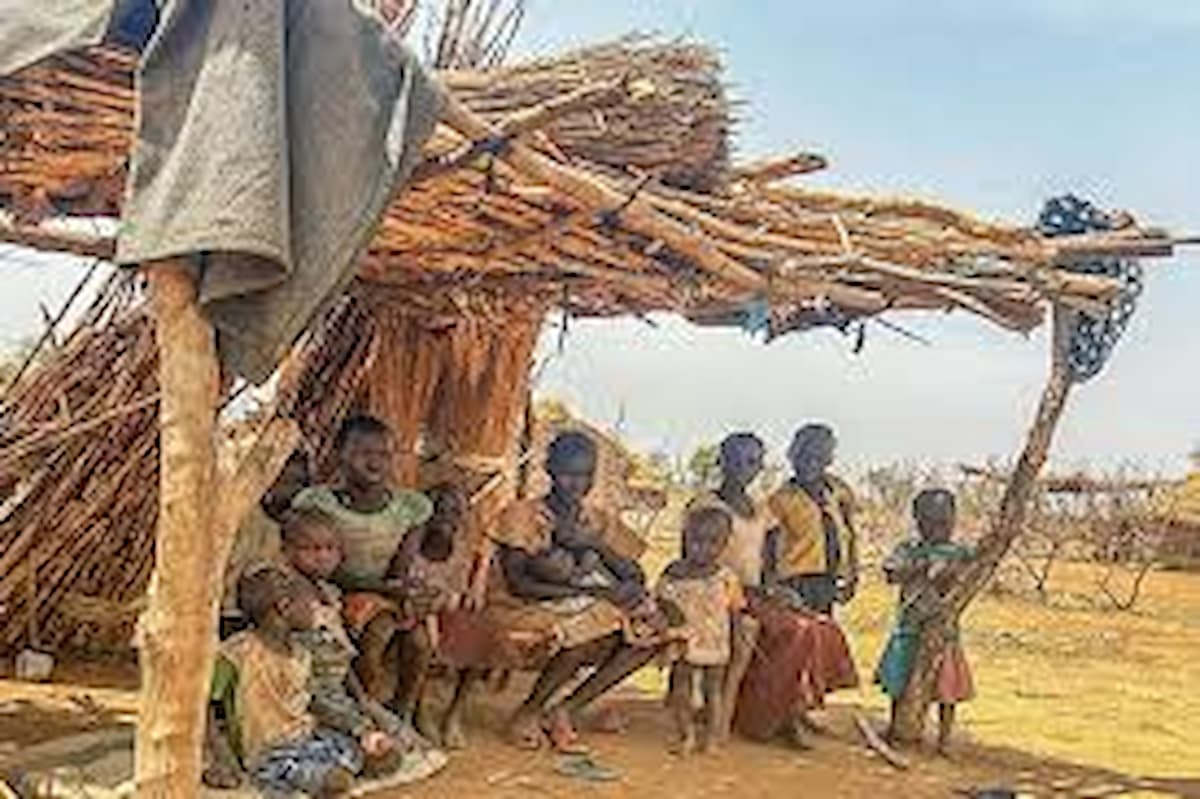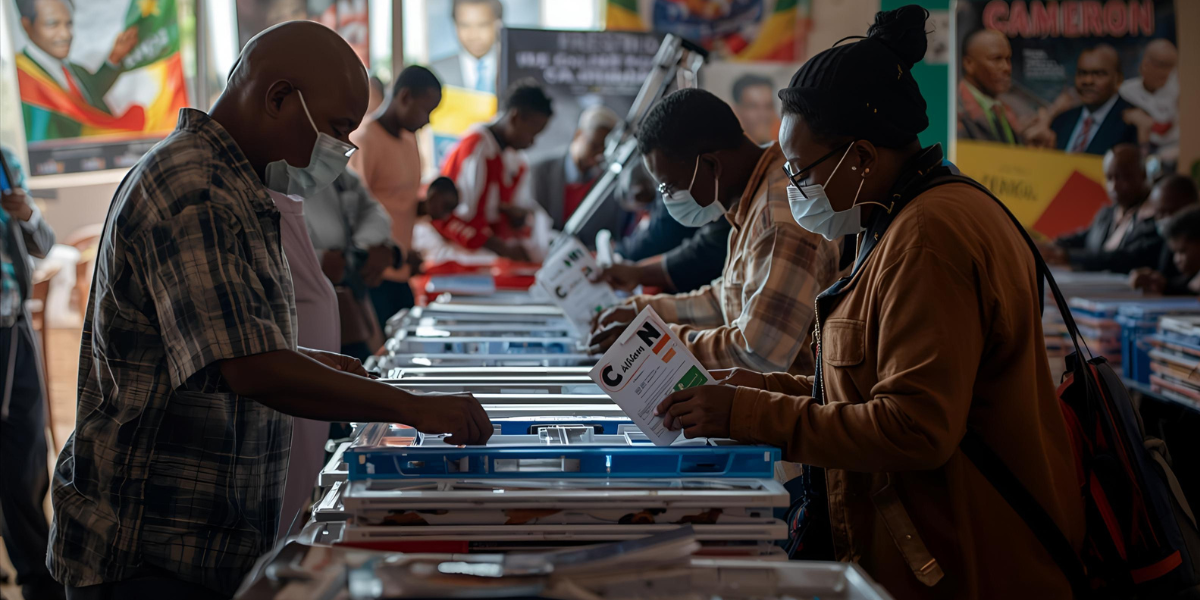South Sudan Corruption: Shocking Ways Govt Crisis Fuels Hunger
The persistent issue of South Sudan Corruption continues to destabilize the nation, creating an acute human rights and hunger crisis. Despite international scrutiny, government officials have repeatedly diverted public funds, leaving millions without basic services and pushing the population into extreme poverty. Understanding the mechanisms behind this corruption reveals not only systemic failures but also the human cost of unchecked greed.
1. Mismanagement of Oil Revenues
Since independence in 2011, South Sudan has generated billions from its oil sector, yet a significant portion has been misappropriated. South Sudan Corruption has allowed political elites to siphon funds, leaving little for public infrastructure. Roads remain unfinished, hospitals underfunded, and schools lack basic resources. This financial leakage fuels a vicious cycle where the population suffers while a few benefit extravagantly.
2. The Oil-for-Roads Program Scandal
One of the most glaring examples of South Sudan Corruption is the Oil-for-Roads program. Out of $2.2 billion allocated for infrastructure development, $1.7 billion has vanished without trace. Only 5% of the planned projects were completed. This mismanagement not only stalls economic growth but also intensifies the humanitarian crisis, as rural communities remain isolated and unable to access essential services.
3. Neglect of Healthcare Services
Healthcare is another sector hit hard by South Sudan Corruption. Between 2020 and 2024, the Ministry of Health received just 19% of its allocated budget. Hospitals lack medications, medical personnel are underpaid, and vaccination programs are disrupted. As a result, preventable diseases claim thousands of lives, further compounding the already dire human rights situation.
4. Food Insecurity and Hunger Crisis
South Sudan Corruption directly impacts food availability. With funds for agriculture reduced to just 7% of the planned budget, farming communities struggle to produce enough crops. Nearly two-thirds of the population faces food insecurity, and millions of children under five suffer from acute malnutrition. The corruption-driven neglect of agriculture has turned South Sudan into a country where hunger is a daily reality for many families.
5. Education System Collapse
The education sector has not been spared from South Sudan Corruption. Schools are poorly funded, teacher salaries are delayed or unpaid, and students lack textbooks and proper classrooms. As a result, literacy rates remain extremely low, and the next generation faces limited opportunities. This neglect perpetuates a cycle of poverty and dependency, making it harder for communities to recover from ongoing crises.
6. Human Rights Violations and Governance Failures
Systemic South Sudan Corruption exacerbates human rights violations. Funds that should support law enforcement, judicial systems, and citizen protection are misused, leaving citizens vulnerable. Arbitrary detentions, lack of legal recourse, and inadequate protection from violence are common, reinforcing the climate of fear. Corruption has weakened institutions, making governance ineffective and compounding societal suffering.
7. Infrastructure Paralysis
South Sudan Corruption has left infrastructure projects incomplete across the country. Roads, bridges, and public facilities remain half-built, isolating communities and disrupting trade. This stagnation not only limits economic growth but also prevents humanitarian aid from reaching those in need. For further insight on global infrastructure challenges, visit World Bank Infrastructure.
8. Impact on International Aid
Corruption undermines trust in South Sudan’s government, affecting aid distribution. Many international donors hesitate to invest due to fears of fund misappropriation. Even where aid is provided, it often fails to reach the most vulnerable. Learn more about effective aid strategies on our internal resource page.
9. Political Instability and Conflict
Persistent South Sudan Corruption fuels political instability. Competing factions exploit resources for personal gain, leading to periodic clashes and ongoing insecurity. This instability exacerbates humanitarian crises, as displaced populations struggle to survive in unsafe environments. Without accountability, corruption directly perpetuates cycles of violence and suffering.
10. Long-term Economic Decline
The economic consequences of South Sudan Corruption are severe. Mismanagement of public funds reduces investment, stifles entrepreneurship, and increases unemployment. Inflation and poverty rates soar, leaving millions dependent on external aid. The lack of economic stability ensures that future generations inherit a weakened and vulnerable nation.
Conclusion
In summary, South Sudan Corruption drives a multifaceted crisis affecting human rights, hunger, and economic stability. Misappropriation of resources, neglect of essential services, and systemic governance failures create a dire environment for citizens. Addressing corruption is not just a political necessity, it is a moral imperative to safeguard the lives and futures of millions in South Sudan. Immediate reforms and international accountability are critical to breaking this cycle and restoring hope for a more stable and prosperous nation.



